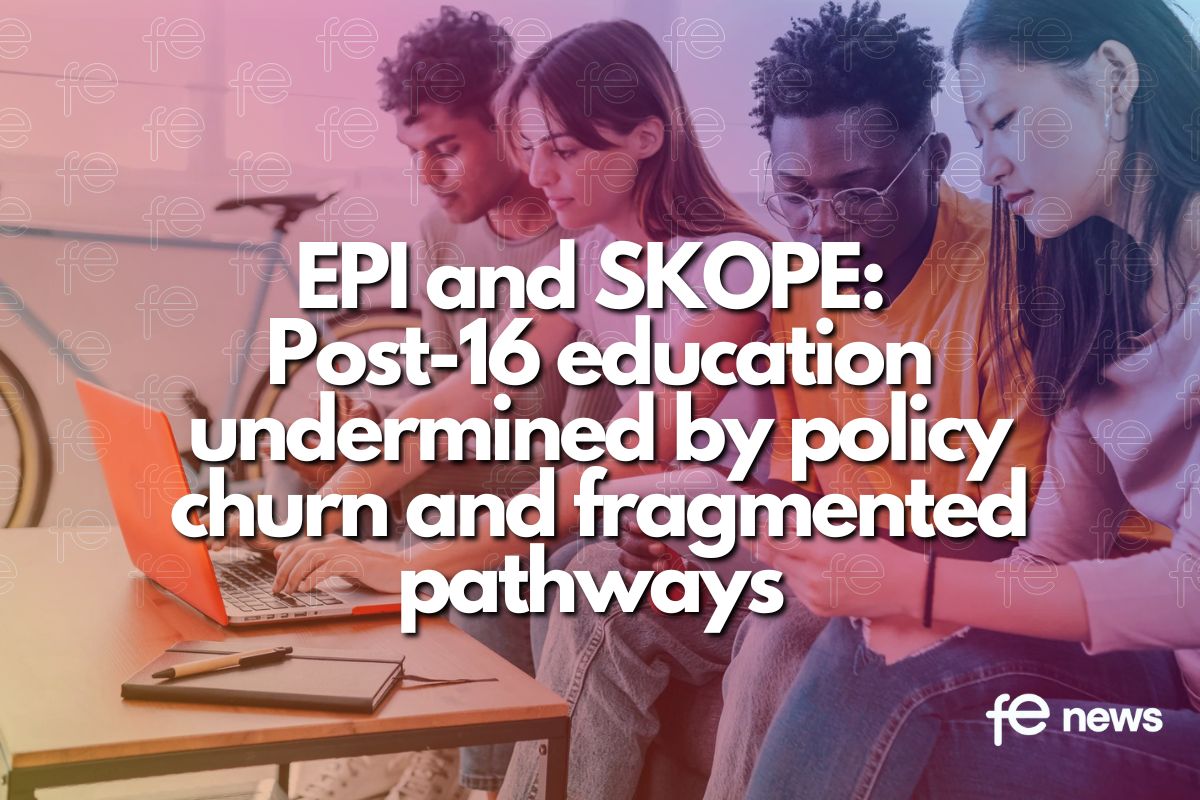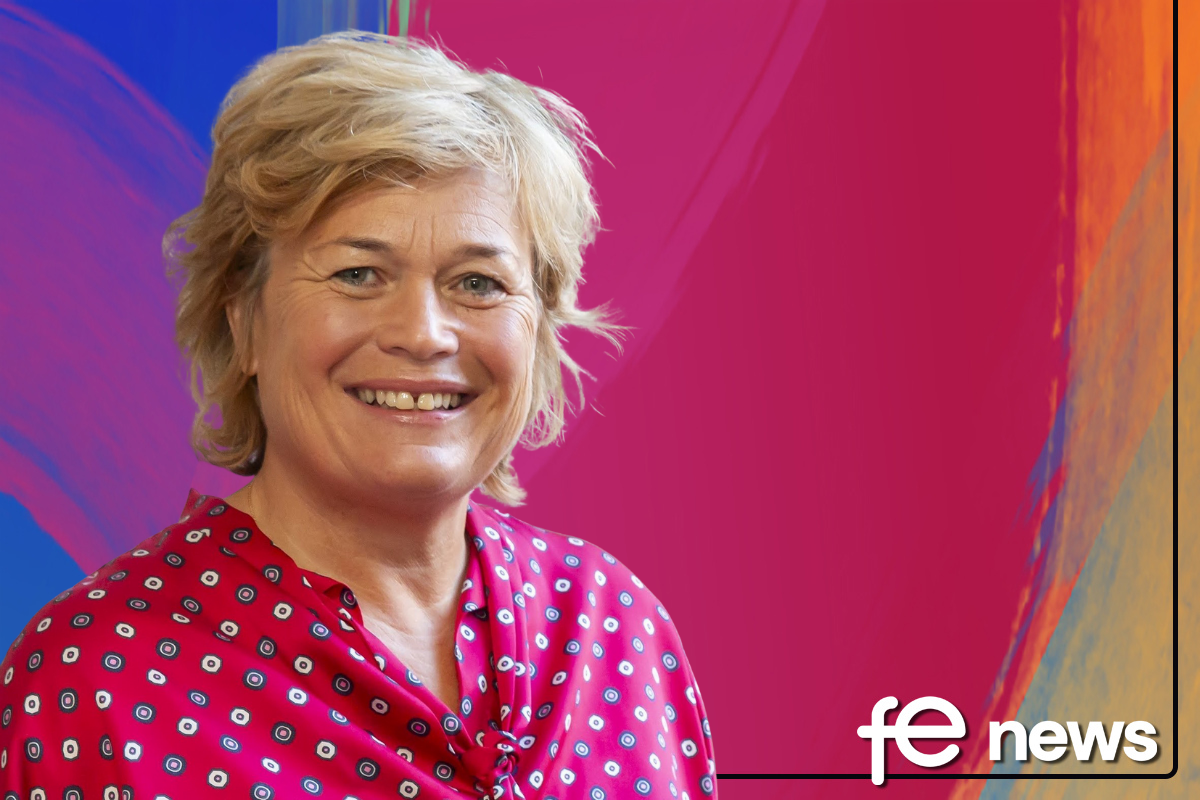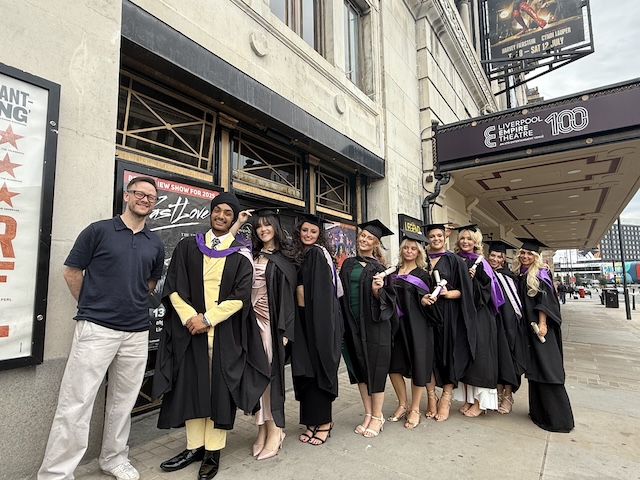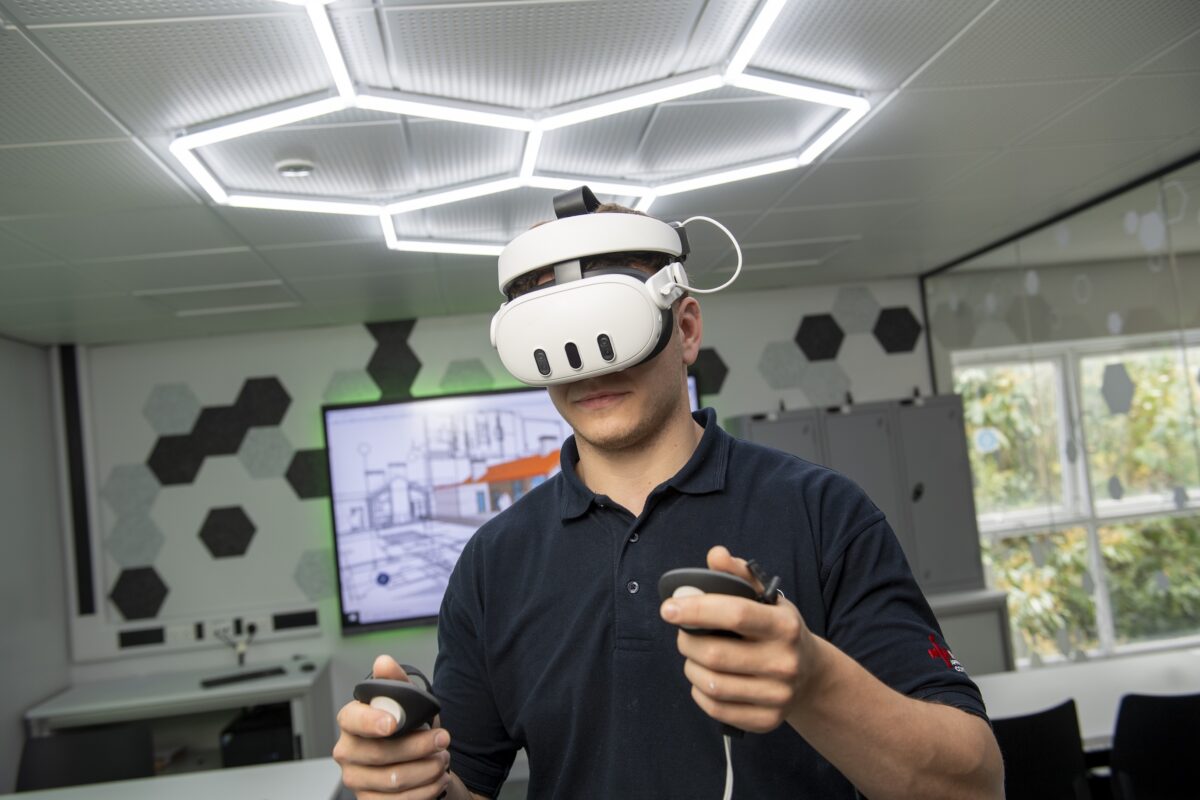Industrial Secondment Programme would keep UK lecturers at the forefront of the games industry

The trade association representing the video games industry, TIGA, is proposing an Industrial Secondments Programme (ISP), to enable lecturers to enhance their teaching skills and keep their practical knowledge of game development current.
The UK video games sector is the largest in Europe and businesses develop games here that are exported around the world. This domestic success story is, in no small part, a result of our excellent higher-education sector and its links with industry that help prepare a highly skilled workforce. But games development is a rapidly changing industry making it critical for lecturers and their teaching to evolve alongside it.
TIGA’s proposed Industrial Secondments Programme (ISP) would enable lecturers on video games courses to spend time over 1, 3, 6 or 12 months in a games development business on a part-time or full-time basis to ensure flexibility and to minimise logistical challenges for their respective colleges and universities. The variation in the length of secondments could potentially allow a lecturer to take advantage of a summer placement, term length or year-long placement. The ISP could be delivered by Innovate UK, at a cost of approximately £1 million.
Secondments would enable lecturers to enhance their teaching skills and keep their practical knowledge of game development current. The ISP would strengthen relationships between education and industry, increase opportunities for student placements and support knowledge transfer. Lecturer secondments would ensure that course curriculums remain cutting edge, therefore maximising future graduate employability. Games studios would be able to recruit more graduates with up-to-date skills and knowledge.
Lectures across the UK have been quick to highlight current skills gaps between lecturers and industry practitioners. For example, David Tree, Senior Lecturer at Hertfordshire University, describes maintaining alignment between lecturing staff and industry practices as a ‘key challenge’. There has also been widespread agreement between senior lecturers that TIGA’s proposal would allow links between industry and education to be strengthened. Dr Martyn Prigmore, Course Leader at Sheffield Hallam University, notes how the ISP would build ‘closer links between games studios and the education sector’ which would ‘facilitate knowledge transfer and support teaching staff to deliver an exciting and relevant curriculum’. Industry leaders too have backed the scheme. Chris Kingsley, CTO of Rebellion describes the rate of technical change in the fast-moving video games industry as ‘bindingly fast’. He highlights the need to ensure educational professionals stay in touch with how things are done in the games industry and ensure the quality of graduates entering the games industry is world-class, to fit our world-class industry.
It is clear from the wave of support from video game lecturers that there is a desire to enhance skills development in video game education and to minimise the potential for skill shortages and skills gaps in the industry. The ISP would ensure lecturers are teaching up-to-date and relevant content to students, to best prepare them for the working world.
By Dr Richard Wilson OBE, CEO of TIGA












Responses